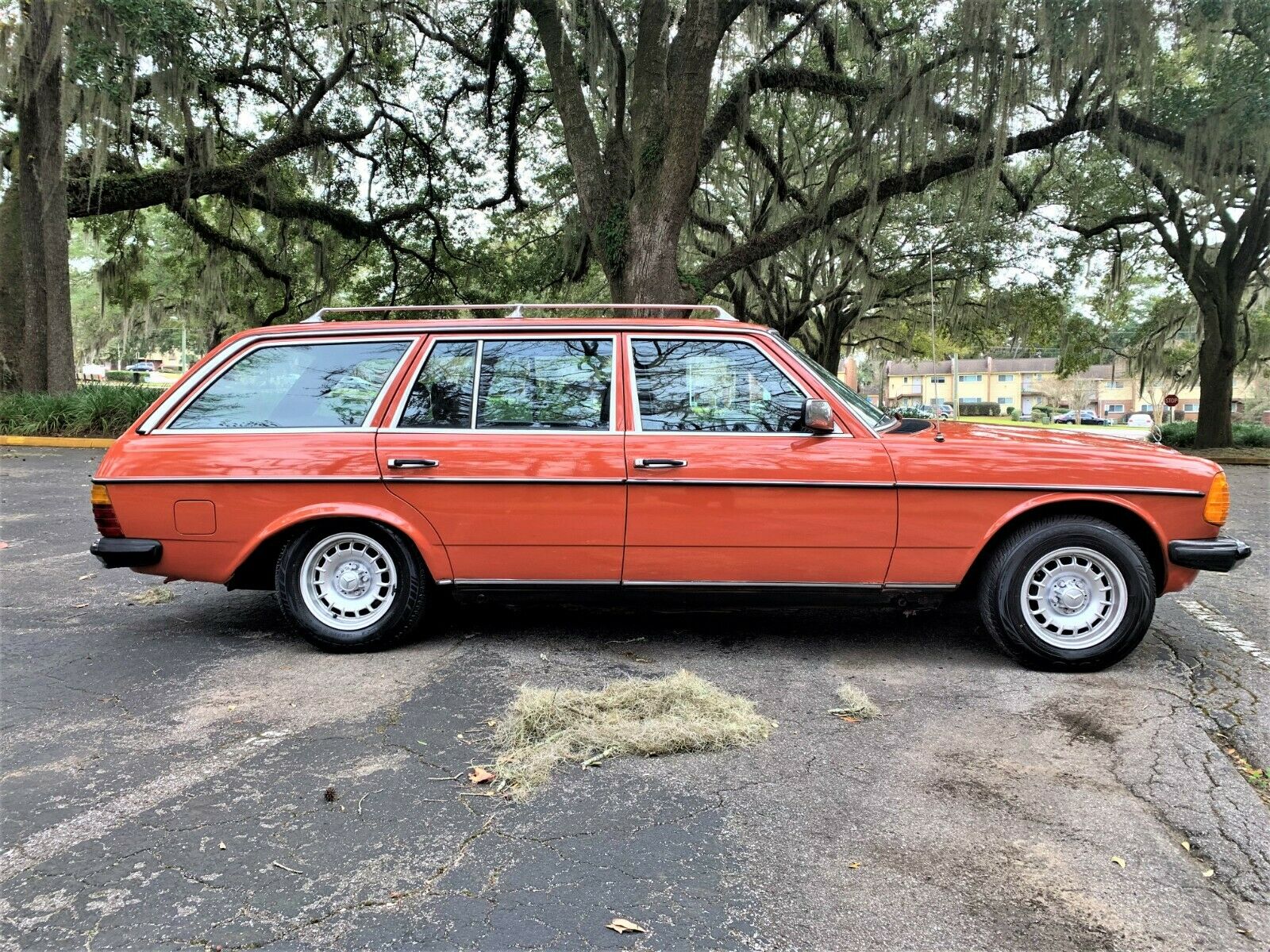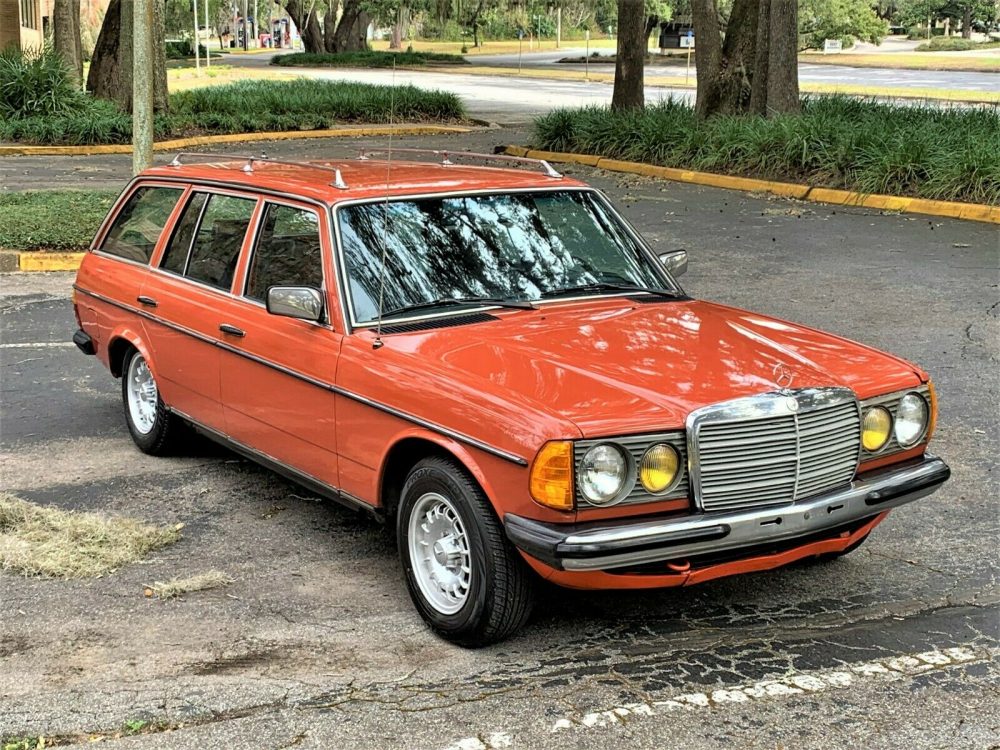
Back in 1986, Audi did something fairly unorthodox. It probably shouldn’t have been particularly surprising coming from a company that had established a trend of unorthodox designs, but as the Group B era closed the company turned its attention to sedans. They ran a 200 quattro in Group A in 1986 with Hannu Mikkola, and the Finnish driver actually achieved his last podium in the same car in 1987. But it was with another famous racer that Audi made an even bigger splash in 1986. The company took a 200 that they rebadged as a 5000 and stripped it out, installed a racing suspension, a roll cage, kevlar body panels, and huge center-lock BBS wheels tucked under fender flares, and popped Bobby Unser in the driver’s seat at Talladega. Of course, to go fast at the NASCAR track, Audi needed a serious motor – and a serious motor they had. Most would recognize the 2.2-liter displacement and inline-5 cylinder configuration, but the Talladega motor boasted a five-valve head – and effectively everything on it was unique compared to earlier Audi motors. It also had titanium connecting rods and pistons, ten fuel injectors, dry-sump lubrication, and 2.0 bar of maximum boost pressure. The result was around 650 horsepower – reliably – and it was no surprise that it pushed the relatively slippery Audi to an impressive 215 mph, with an average lap at 207 mph.
One lap was impressive, but Mercedes-Benz had famously lapped Nardò with its performance sedan – the 190E 2.3-16 – at over 150 mph for long distances. The company decided to give this a go, as well, and turned up in 1988 with no less than three Audi 200 quattros converted in a very similar way to the Talladega car, only one of which is claimed to have had the same 650 horsepower 5-valve motor. These cars did differ slightly; they had revised wheels and no flares to make them more aerodynamic, and auxiliary lighting was added as they were meant to run more than one lap…a lot more. They did not turn down performance, however, and on the more open Nardò test track the revised 200 hit an astonishing 400 km/h (248.5 mph). Even more impressive? Audi redesigned several maintenance aspects to allow them to do quick service – including the ability to do a driver change, swap wheels and tires, and change the engine oil AND refuel the 340 liter tank in 25 seconds. The result was amazing; Audi lapped the track for 500 miles at 324.509 km/h (201.6 mph) and did 1000 km at 326.403 km/h (202.8 mph). One car then crashed, and later another was destroyed. But the sole remaining record car – the most powerful of the trio with the 25-valve motor – is now for sale:









